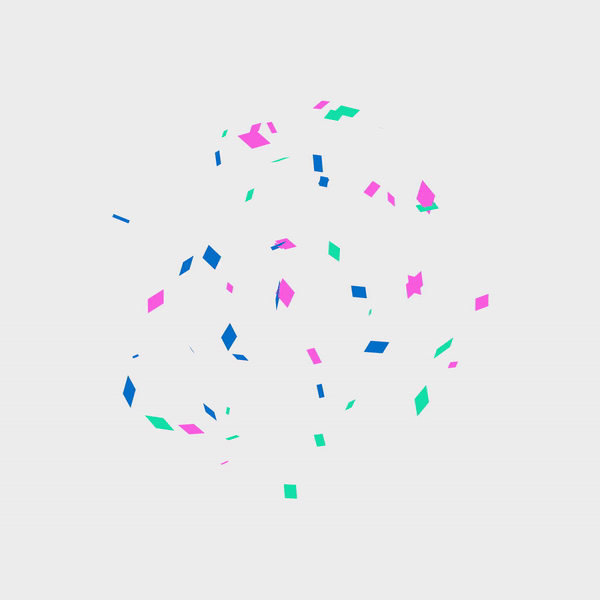As any developer knows, using Git or any other versioning system is a must when working on a software project. This remains true when working on a game. What’s so special about game development specifically? Well, the usage of Unity, to start with, is going to add a layer of complexity especially for the merging process. A less obvious particularity is the variety of people having to use it, and believe it or not, non developers don’t necessarily know Git. How to help them work with it?
We won’t dive into the details of how Git works, we assume here that the reader has a basic understanding of what it is. Instead, we will focus on the particularities of using Git when working on a Unity project.

